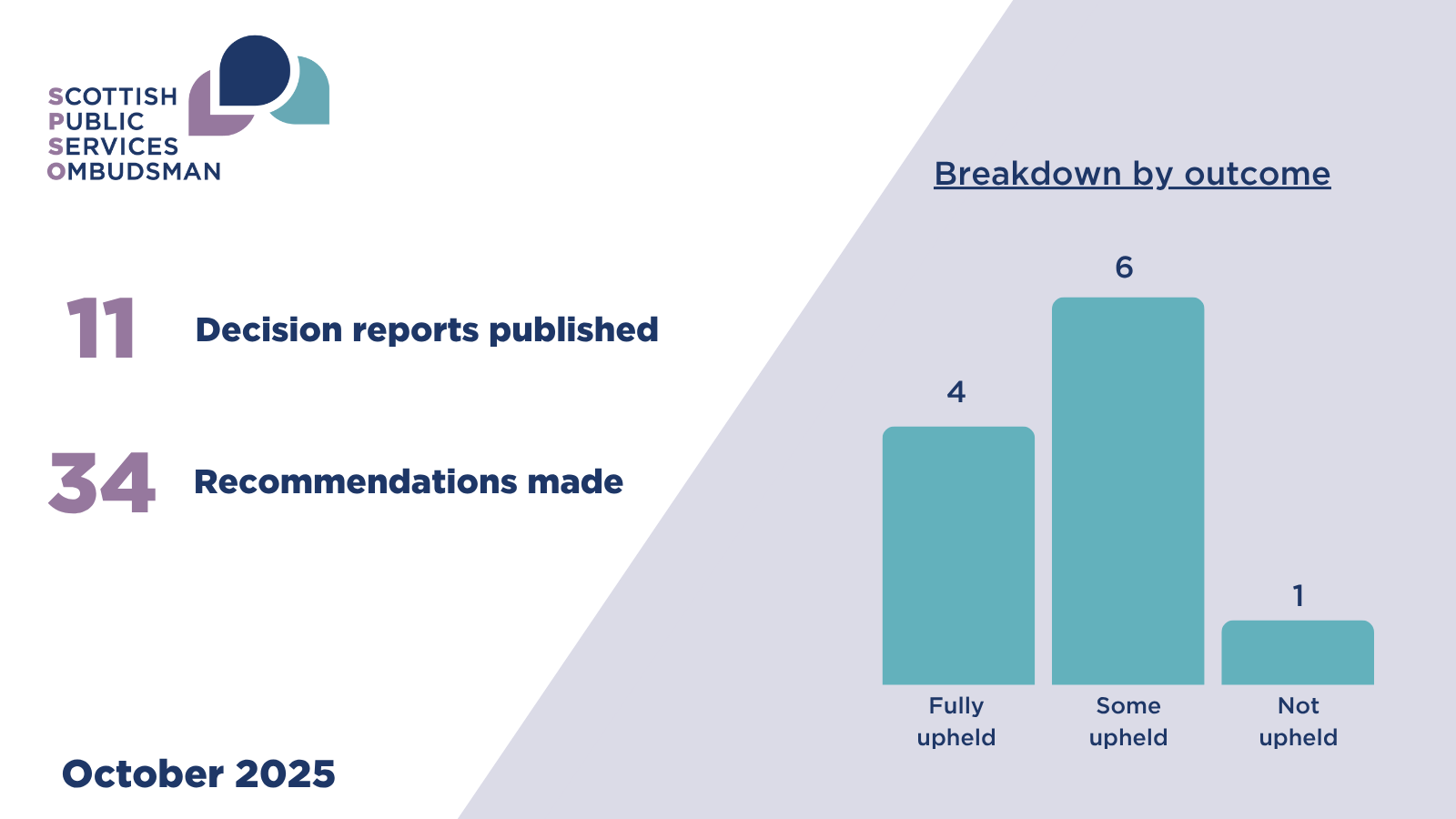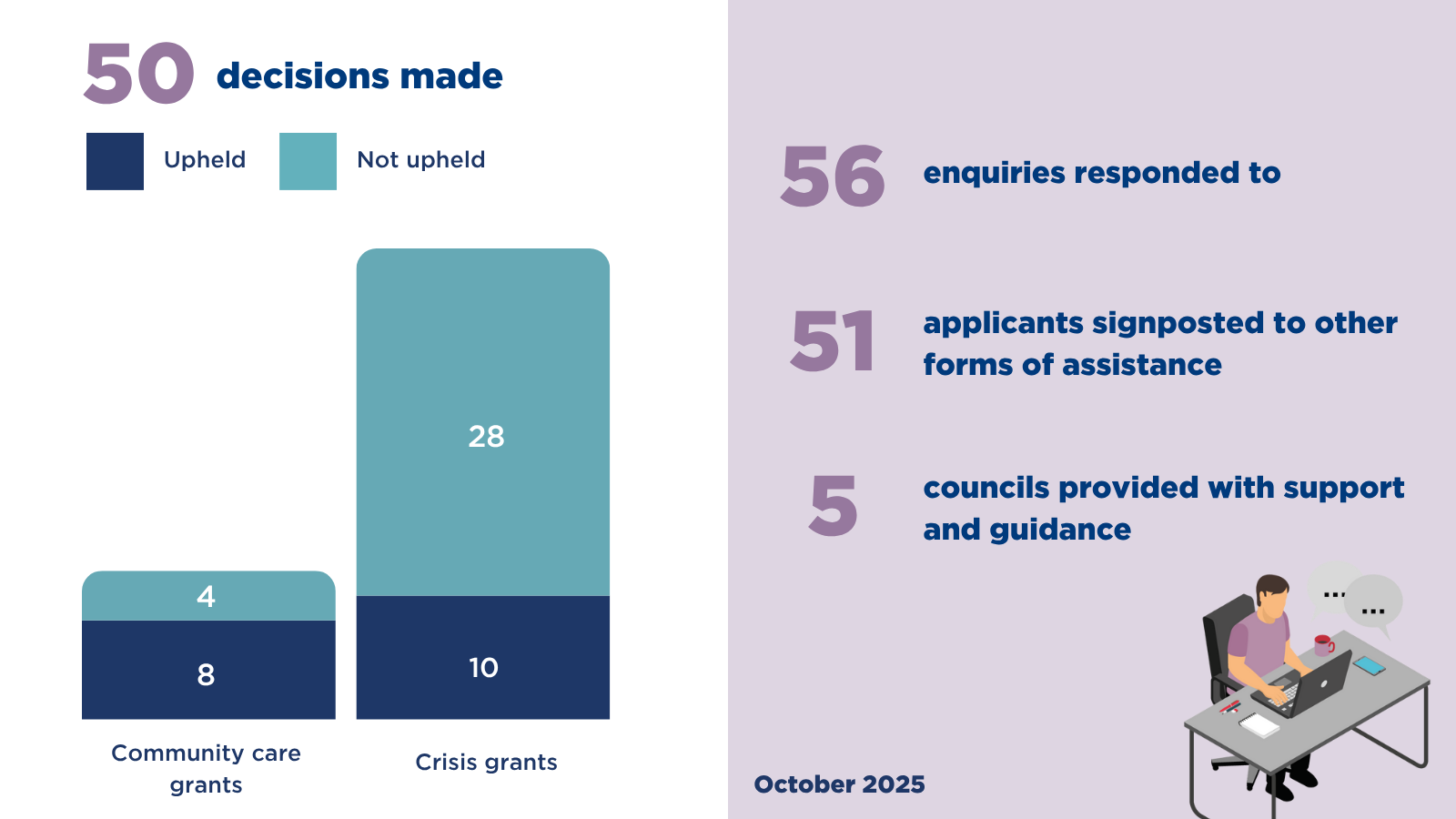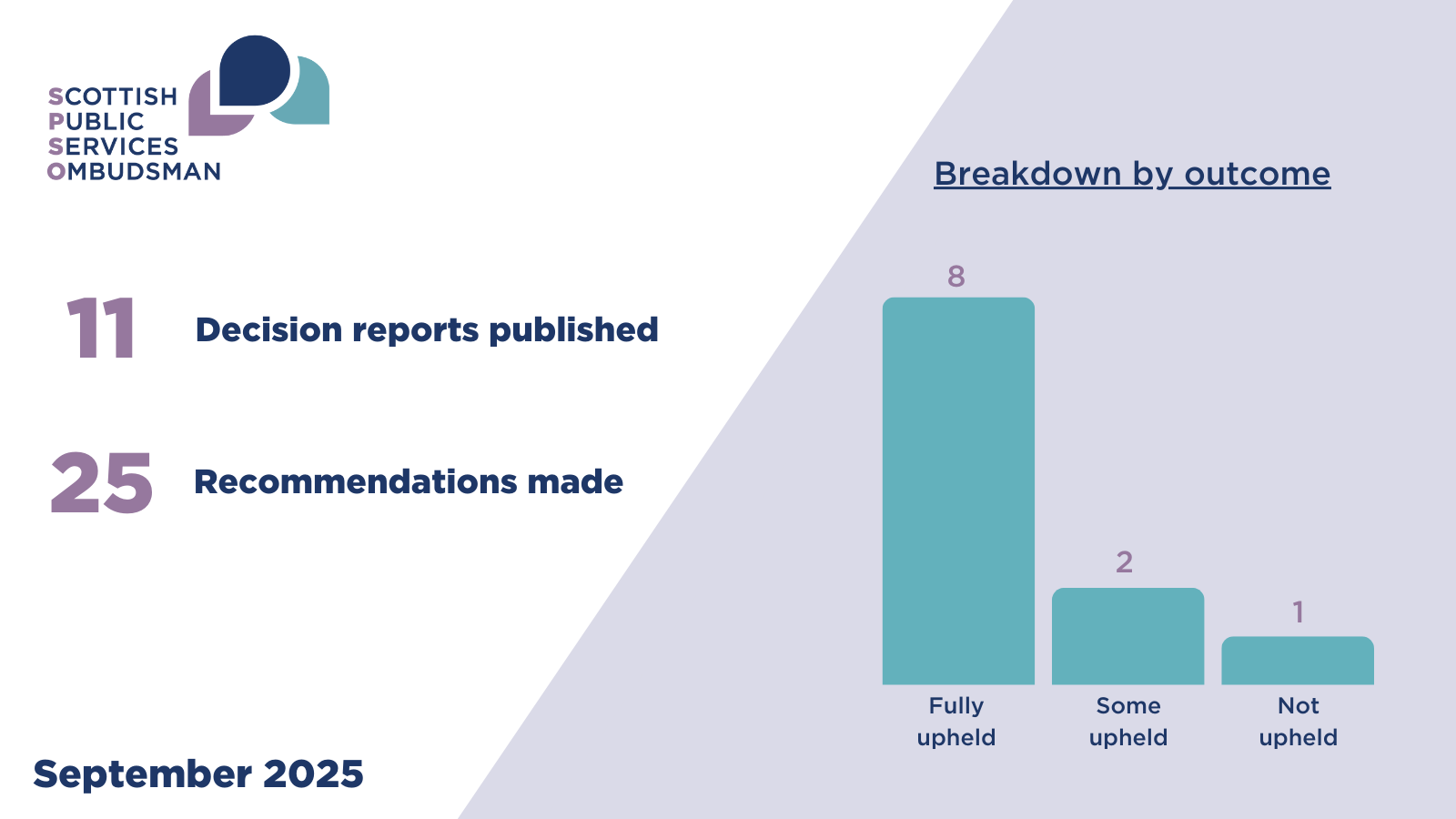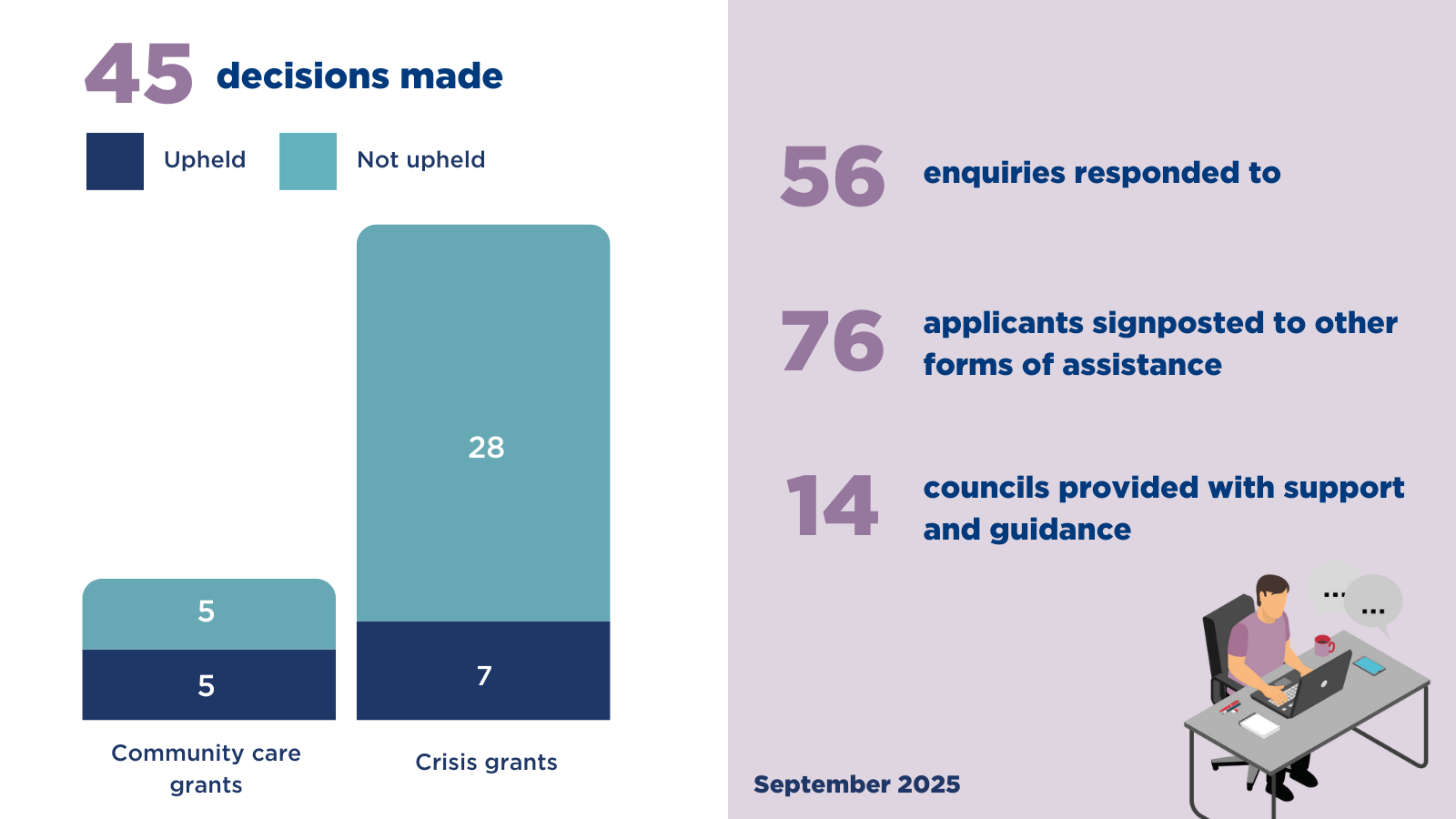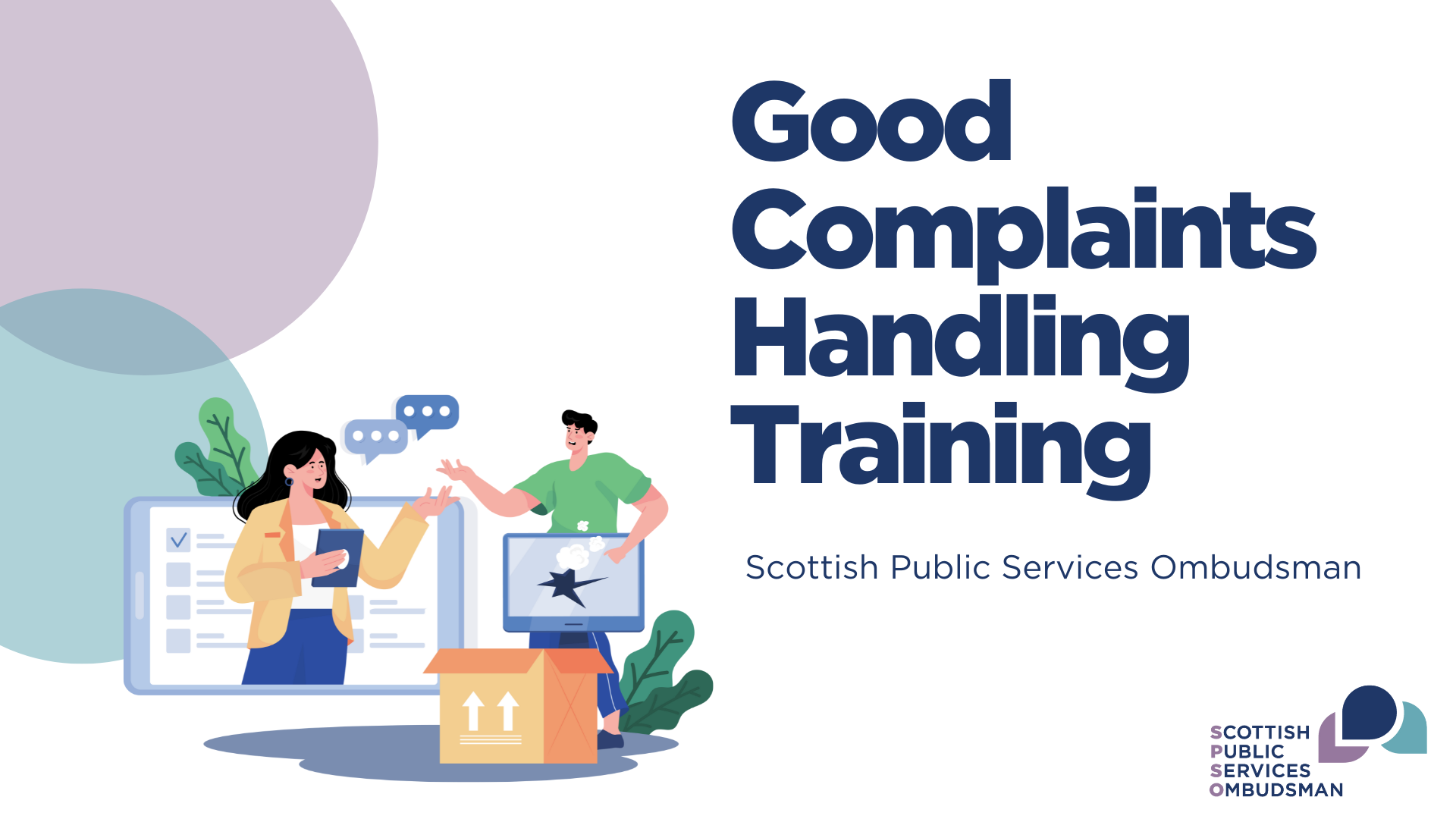Patient Safety Commissioner recruitment
The Office of the Patient Safety Commissioner for Scotland is a new office which is responsible for strengthening the safety and quality of healthcare. Independent of government and the NHS, the Office amplifies the voices of patients and families, identifying systemic risks and driving evidence-based improvements that make healthcare safer for all.
The Scottish Public Services Ombudsman (SPSO) are managing the recruitment of this new office. We are pleased to advertise the below role:
